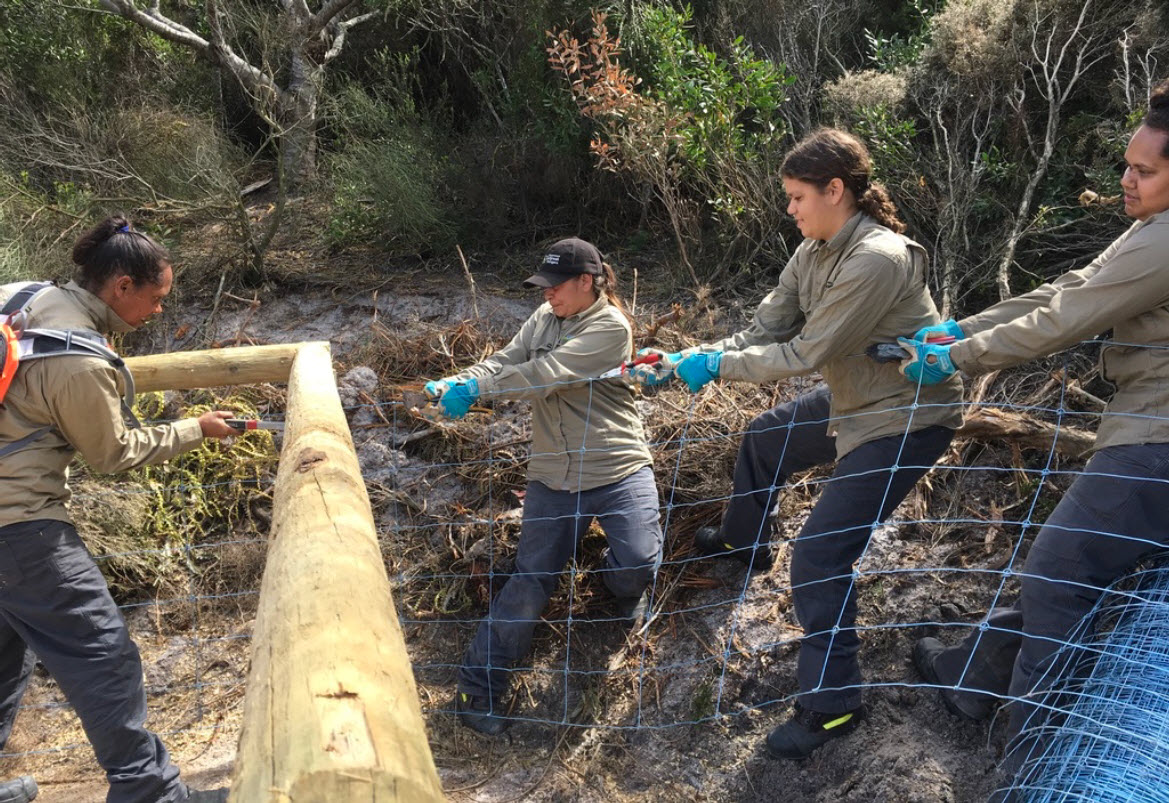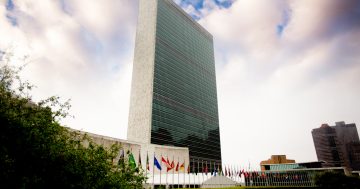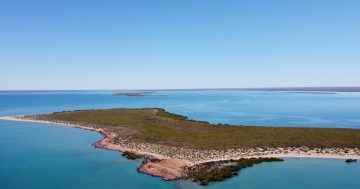
The 2023-24 round of grants will provide record funding through the cultural heritage program, to which the WA Government has committed more than $2.5 million in the past decade. Photo: Facebook/Dr Tony Buti MLA.
After last year’s backflip on the Aboriginal Cultural Heritage Act, the WA Government has opened a $750,000 grants pool for Indigenous organisations undertaking cultural heritage projects at registered sites.
Up to $50,000 will be available to not-for-profits for any groundwork built to protect Aboriginal sites, which promote cultural heritage and provide socio-economic benefits to local communities.
Grant applications close on 29 March for appropriate projects, which in the past have included the remediation of registered Aboriginal sites, development and installation of interpretive and truth-telling signage, along with employment and training opportunities for Indigenous people working on the ground.
“The grants help foster economic and social benefits for Aboriginal communities by enhancing tourism, providing employment opportunities for Aboriginal people, and building a greater understanding and appreciation of Aboriginal heritage,” Aboriginal Affairs Minister Dr Tony Buti said.
In August 2023, Premier Roger Cook and his cabinet came under fire for repealing the short-lived Aboriginal Cultural Heritage Act 2021 due to widespread backlash, especially from agricultural communities who opposed the new tier and approvals system under Section 18. It requires landowners of properties of more than over 1100 square metres to gain ministerial permission for damaging or destroying heritage sites.
The original 1972 act was restored in its place, but amendments were implemented on 15 November to help prevent another Juukan Gorge incident. That event in 2020 saw mining company Rio Tinto destroy a 46,000-year-old Aboriginal cultural heritage site within the Pilbara region.
Premier Cook said the “tragedy was a global embarrassment” at the time, but the government’s legislative response was wrong.
“We took it too far, unintentionally causing stress, confusion and division in our community,” he said.
The amendments now under the restored 1972 act include:
- Proponents and native title parties having the same right of review for Section 18 decisions as landowners, with clear timeframes for the State Administrative Tribunal process. The change also allows the Premier to call in a decision of ”state or regional significance”.
- Landowners being required to notify the minister of any new information about an Aboriginal site, following their approval of a Section 18 request. This reform was specifically added to prevent another Juukan Gorge incident, which Dr Buti said occurred because the government had not been informed of news regarding the caves.
- Section 18 consents being transferred when there’s a change in land ownership.
- A new Aboriginal Cultural Heritage Committee submitting recommendations on Section 18 Notices to the minister. It will be composed of a majority of Indigenous representatives and male and female Aboriginal co-chairs.
- Landowners not being required to conduct their own heritage survey.
- The government’s 10-year plan to accomplish heritage surveys of areas that haven’t been in high-priority regions, with consent from the landowners who will be able to view the materials published on the projects.
- Discontinuation of the Local Aboriginal Cultural Heritage Services, with support redirected to existing native title groups. This includes relevant prescribed body corporates, registered claimants or native title representative bodies so capacity is improved.
- The replacement of a cost recovery model for proponents needing to submit a management plan to the Aboriginal Cultural Heritage Council, with a simpler system designed for industry.





